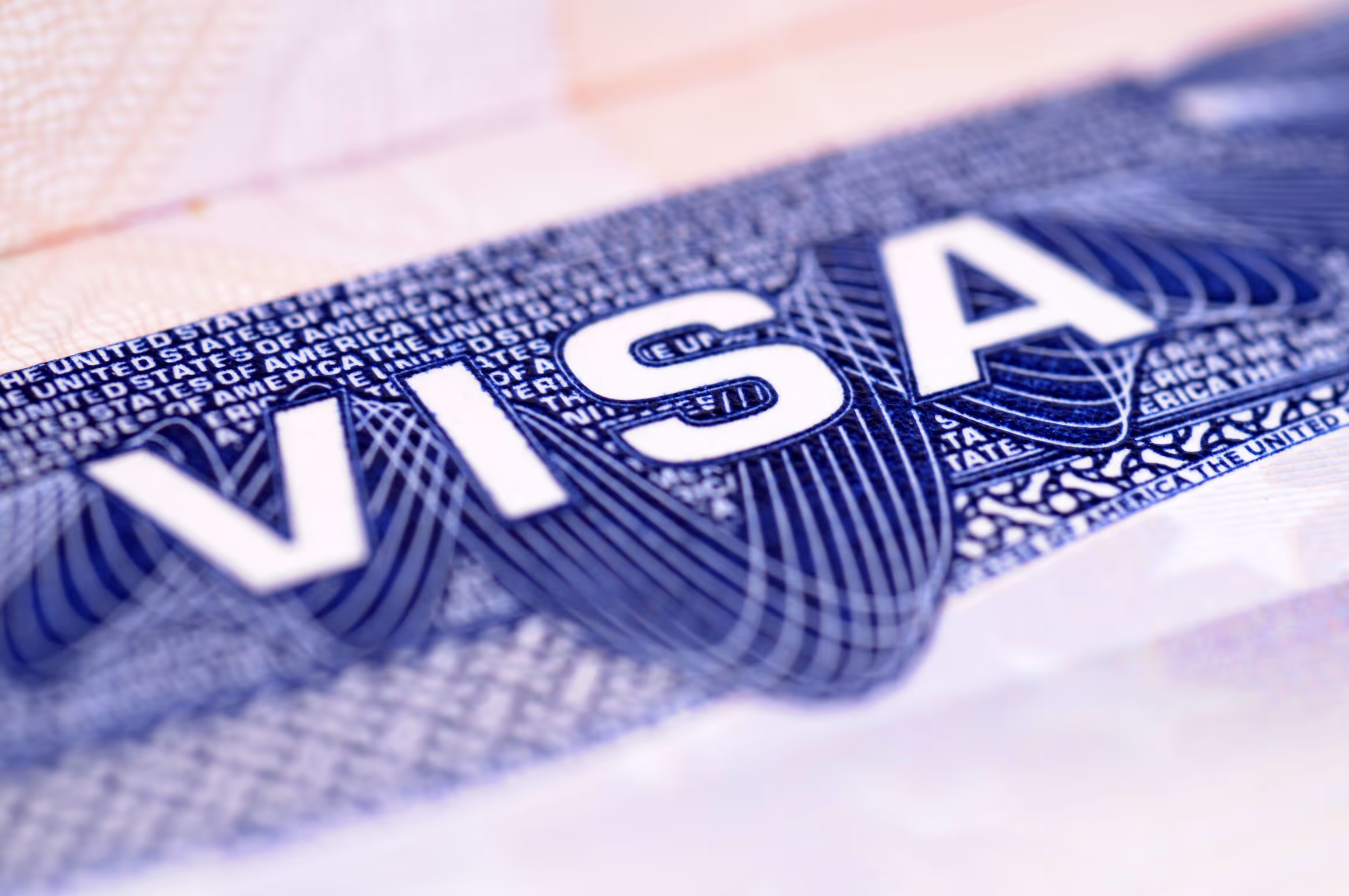
MS in Business Analytics vs. MBA: Which Path to Choose?
Subscribe to receive the latest blog posts to your inbox.
MS in Business Analytics vs. MBA: Which Path to Choose?
For those considering a career in business, two popular degrees often come up: the Master of Science in Business Analytics (MSBA) and the Master of Business Administration (MBA). While both offer excellent career opportunities, there are notable differences in terms of cost, duration, and the skills acquired. Understanding the differences between MBA and MS in Business Analytics can help you decide which path is better suited to your career goals. In this article, we compare business analytics vs MBA, discussing career opportunities, salary comparisons, and the advantages of each program.
What is the Difference Between an MBA and MS in Business Analytics?
An MBA is a graduate business degree that focuses on a broad range of business concepts, including leadership, management, and strategy. In contrast, a Master of Science in Business Analytics (MSBA) is a specialized program focused on data analysis, statistics, and the technical side of business operations. If you're drawn to working with data, identifying trends, and making data-driven business decisions, an MS in Business Analytics might be a better fit. However, if you're looking for a broader understanding of business leadership and strategy, an MBA could be the right choice.
Why Choose a Master of Science in Business Analytics?
Business analytics vs business administration highlights key distinctions. The MS in Business Analytics provides a deep dive into data science, coding skills, and business intelligence. It's ideal for students who are interested in analytics, statistics, and technology-driven business solutions. Some of the coding skills for business analytics programs include proficiency in languages like Python, SQL, and R, which are essential for careers in data science and analytics.
The Master of Science in Business Analytics is particularly beneficial for fresh graduates or those looking to enter the analytics field quickly. Many business analytics graduate programs offer shorter, more affordable options, lasting about 12 to 14 months, compared to the traditional two-year MBA program. The cost of an MS in Business Analytics typically ranges from $20,000 to $70,000, making it a more budget-friendly option compared to an MBA, which can cost between $50,000 and $200,000.
Business Analytics Career Opportunities
Graduates of MS in Business Analytics programs find themselves in high-demand roles, including data scientist, business analyst, financial analyst, and research analyst. Business analytics vs data science degrees show that while both fields overlap, business analytics focuses more on the application of data to business decisions, while data science includes more technical development and algorithm design. Many MSBA graduates go on to work in industries such as consulting, finance, healthcare, and technology, where their skills in data analysis and predictive modeling are highly sought after.
MSBA vs MBA Salary Comparison
MSBA vs MBA salary comparison reveals that while both programs offer lucrative career paths, the starting salary for MS in Business Analytics graduates is typically around $72,000, according to Payscale. On the other hand, MBA graduates can expect a starting salary of approximately $92,000. While business analytics vs MBA salary comparisons show that MBAs can command higher salaries, the MS in Business Analytics offers a strong ROI, especially for those entering the field early in their career. Moreover, many MSBA graduates go on to pursue an MBA later to enhance their leadership skills and boost their earning potential.
Is an MBA Better Than MSBA?
When deciding whether an MBA is better than MSBA, it's important to evaluate your career goals. If you want to work in a managerial role or a leadership position, an MBA provides a broader skill set in management, leadership, and strategy. However, if you're specifically interested in early career paths in business analytics or plan to pursue a technical career focused on data, an MS in Business Analytics is a great option to get started quickly and gain in-demand technical skills.
Benefits of MS in Business Analytics
Some of the key benefits of MS in Business Analytics include:
- Shorter time commitment: MSBA programs typically last only 12 to 14 months, which is significantly shorter than an MBA.
- Lower cost: With an average cost range of $20,000 to $70,000, MSBA programs are more affordable than many MBA programs.
- Technical expertise: The program provides deep insights into data analytics, coding, and business intelligence, which are valuable in today’s data-driven job market.
Top Schools for MS in Business Analytics in 2024
When considering an MS in Business Analytics, it’s essential to choose a program that aligns with your goals. Some of the top universities for MS in Business Analytics in 2024 include schools like MIT Sloan, UC Berkeley, and NYU Stern, which offer strong analytics curriculums and industry connections. Many of these schools also provide great business analytics career opportunities through networking and internships.
Conclusion: Which Program is Right for You?
Ultimately, choosing between a Master of Science in Business Analytics vs MBA depends on your career goals, timeline, and budget. If you're passionate about working with data and pursuing a career in analytics, the MS in Business Analytics can provide you with the technical skills you need. On the other hand, if you're looking for broader business expertise with leadership and management opportunities, the MBA may be the better option.
Remember, it's also common for professionals to pursue both degrees. Starting with an MS in Business Analytics can help you gain technical experience, and then later pursuing an MBA can elevate your leadership skills and expand your career opportunities.
If you're looking to make an informed decision and hone your application, Crimson’s expert advisors can help you navigate the admissions process and select the best program for your career aspirations.
Dive deeper into strategies, experiences, and insights to help you achieve MBA success.

Sign-up for our monthly newsletter that covers admission updates, MBA news, new programs launches and much more.
Discover answers to all your questions about application processes, school selection, and support in our comprehensive FAQ section. It's your go-to resource for clarity and guidance on your MBA journey.


.svg)





